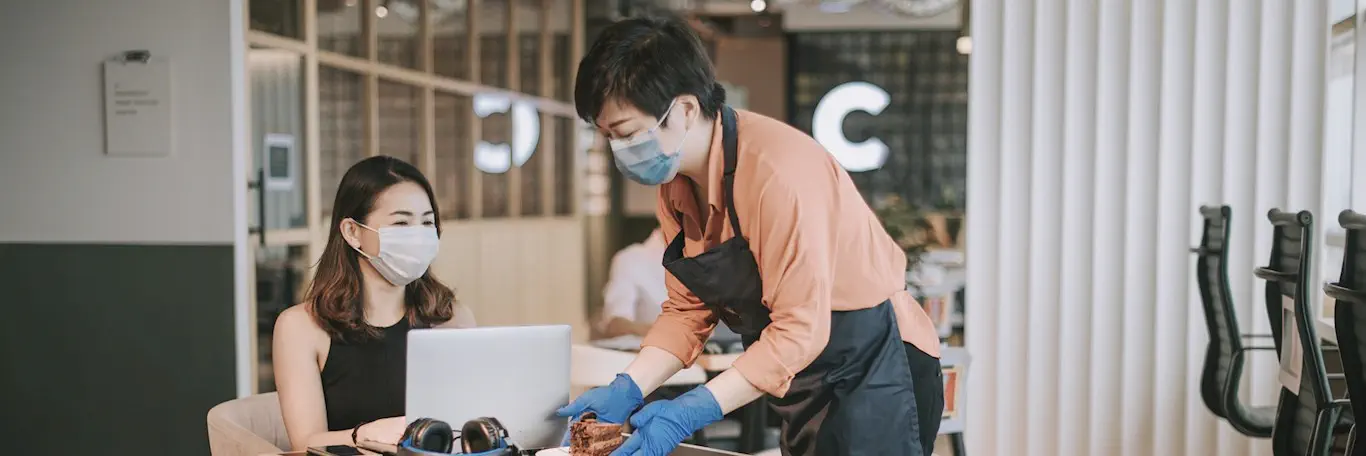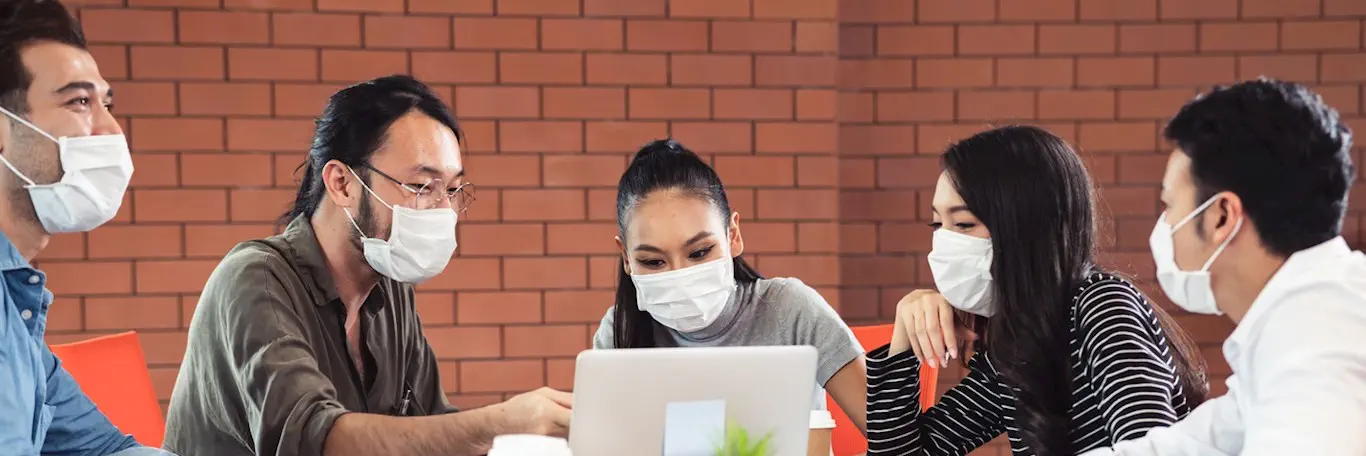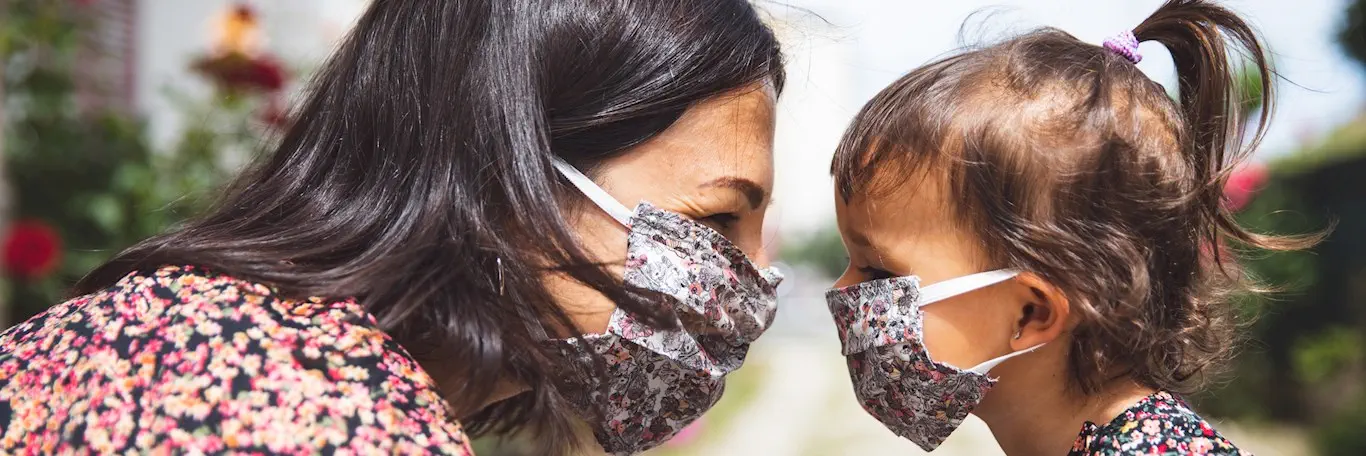
Coping with the new normal
How to adapt to change and prioritize the things that truly matter
The COVID-19 pandemic continues to disturb and disrupt lives all over the world and we are all seeing a shift in our lifestyles as our days in quarantine drag on. The things that we used to take for granted—eating out, visiting family, hanging out with friends, and even just running errands—are now things that we either have to make do without or have to be extra cautious about.
If you’re experiencing anxiety about this or find yourself unable to concentrate, you need not feel bad about it. We are all experiencing what mental health experts call “collective trauma.” We were, after all, just plucked out of our daily lives one day and told to stay home, because going out and being in close contact with strangers—something we do every day—could get us and other people sick.
It’s a strange turn of events, unprecedented for the majority of us who have not lived through a pandemic as deadly as this one. But while there are already ongoing vaccinations, this pandemic and its effects may be here to stay—well into the coming years. So what to do? Here are some ways to cope with the New Normal:
1. Give yourself time to adjust.
You don’t have to push yourself to automatically adjust to the situation. Adjusting takes time, and it may not be the same for you and your loved ones. Allow yourself and others a period to cope. It’s a necessary step in dealing and adjusting to the new normal, as it helps you acknowledge that what you’re going through, along with the rest of the world, is not normal.
2. Give your loved ones time to adjust, too.
This adjustment period is different for everybody—the ones you’re quarantined with and the loved ones far away from you. Expect some conflicts and tempers flaring up out of frustration, claustrophobia, but don’t give up on them. They may be having a hard time adjusting to the new normal, too. Your loved ones need empathy and patience, now more than ever.
3. Set a routine.
You will also benefit from setting up a structure to your day—a new routine that incorporates time for yourself, for your loved ones, and for productivity. But don’t be too hard on yourself if you can’t follow. Just take it one day at a time and focus on what brings you joy and peace.
4. Limit your exposure to news and social media.
To cope well requires being well-informed and updated with the latest. But that doesn’t mean you have to be on social media, reading up on everything 24/7. Give yourself a break from social media. Know the basics of survival—social distancing, good hygiene, and strengthened immunity. Bombarding yourself with news and posts, day in and day out, may not be good for your mental health.
5. Prepare for anything.
The pandemic has caught us by surprise. And we never should be, again. So learn your lesson and make sure you’re all prepared for what’s coming. That just doesn’t involve putting together a go bag or making sure there’s adequate supplies in the kitchen. It also means setting your financial priorities straight. It’s time now to start building that emergency fund, investing, and protecting yourself, financially.
So, for now, just be kind to yourself and the people around you, and little by little, you will find yourself having adjusted to the new normal because it’s just what we humans do.





